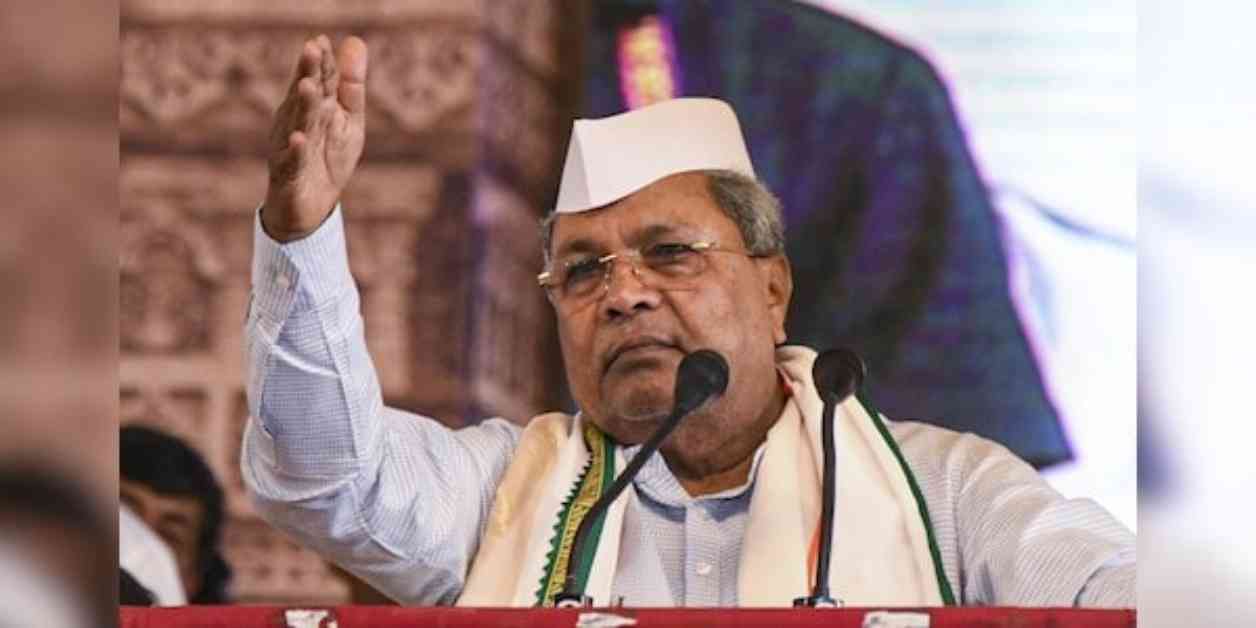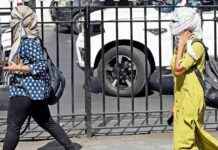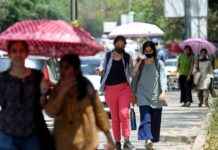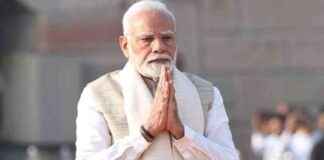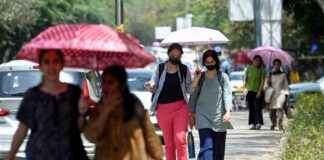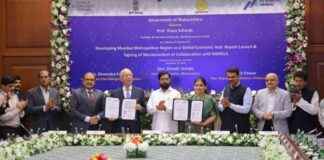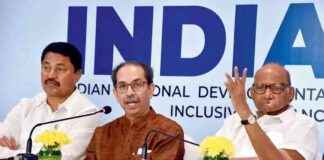Leader of Opposition in the Karnataka Assembly, R Ashoka, recently called for a National Investigation Agency (NIA) probe into the violence that erupted in Mandya district, Karnataka. The incident occurred in Nagamangala town during a Ganesh idol procession, where clashes between two groups led to widespread violence, with mobs targeting shops and vehicles. Ashoka highlighted the alleged involvement of individuals from Kerala with connections to banned organizations like the Popular Front of India (PFI) in the unrest.
The demand for an NIA probe comes amidst escalating tensions in the region, with concerns about the role of external elements in fueling the violence. The situation in Nagamangala town has raised serious questions about the underlying causes of the conflict and the need for a thorough investigation to uncover the truth.
### Allegations of Land Grabbing in Ayodhya
In a separate incident, the Samajwadi Party has accused a business group of “grabbing land” belonging to the most backward Manjhi caste in Ayodhya. The party alleged that the business conglomerate’s goons engaged in hooliganism with farmers, sparking a clash between two groups. Videos shared by party chief Akhilesh Yadav highlighted the alleged land grabbing activities, prompting a response from the local police.
The allegations of land grabbing in Ayodhya have brought to light the contentious issue of property disputes and the exploitation of vulnerable communities by powerful entities. The clash between the business group and farmers underscores the complex dynamics at play in land disputes and the need for a fair and transparent resolution process.
### Political Ramifications of the Incidents
The incidents in Mandya district and Ayodhya have not only sparked public outrage but also drawn the attention of political leaders across party lines. The demand for an NIA probe by R Ashoka reflects the growing concern among opposition parties about the deteriorating law and order situation in Karnataka. Similarly, the Samajwadi Party’s allegations of land grabbing point to broader issues of social justice and equity that resonate with marginalized communities.
The political fallout from these incidents is likely to have far-reaching implications for the upcoming elections and the overall governance of the state. As parties jostle for power and influence, the narrative around law enforcement, social justice, and economic development will shape the public discourse leading up to the polls.
### Response from Law Enforcement Authorities
In response to the allegations and incidents, local law enforcement agencies have taken steps to address the situation and ensure accountability. The police in Mandya district have initiated legal action in the aftermath of the violence, aiming to bring the perpetrators to justice and restore order in the region. Similarly, the authorities in Ayodhya have launched investigations into the land grabbing allegations, seeking to uphold the rule of law and protect the rights of all stakeholders.
The proactive stance taken by law enforcement authorities underscores the importance of maintaining peace and order in the face of social unrest and political turmoil. By upholding the principles of justice and fairness, the police and other agencies play a crucial role in safeguarding the interests of the public and upholding the integrity of the legal system.
### Conclusion
The incidents in Mandya district and Ayodhya serve as stark reminders of the challenges facing society today, from communal tensions to land disputes and political rivalries. The demand for an NIA probe and the allegations of land grabbing underscore the need for transparency, accountability, and justice in addressing these complex issues.
As Karnataka grapples with the aftermath of the violence in Nagamangala town and Ayodhya struggles with the implications of land grabbing, it is imperative for all stakeholders to work together towards a peaceful and equitable resolution. By upholding the values of democracy, justice, and social harmony, we can pave the way for a brighter and more inclusive future for all.
